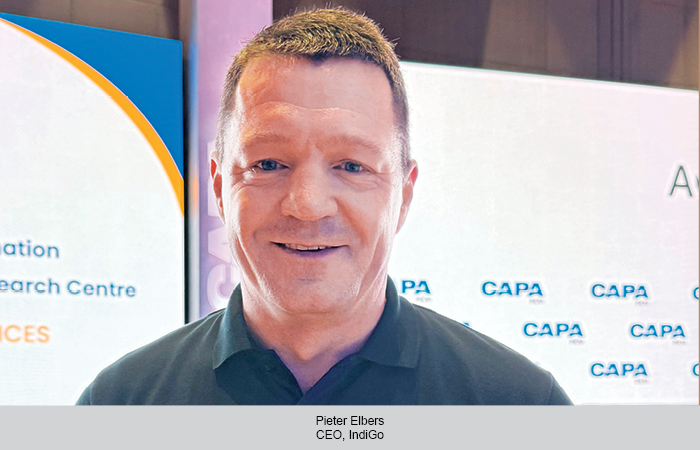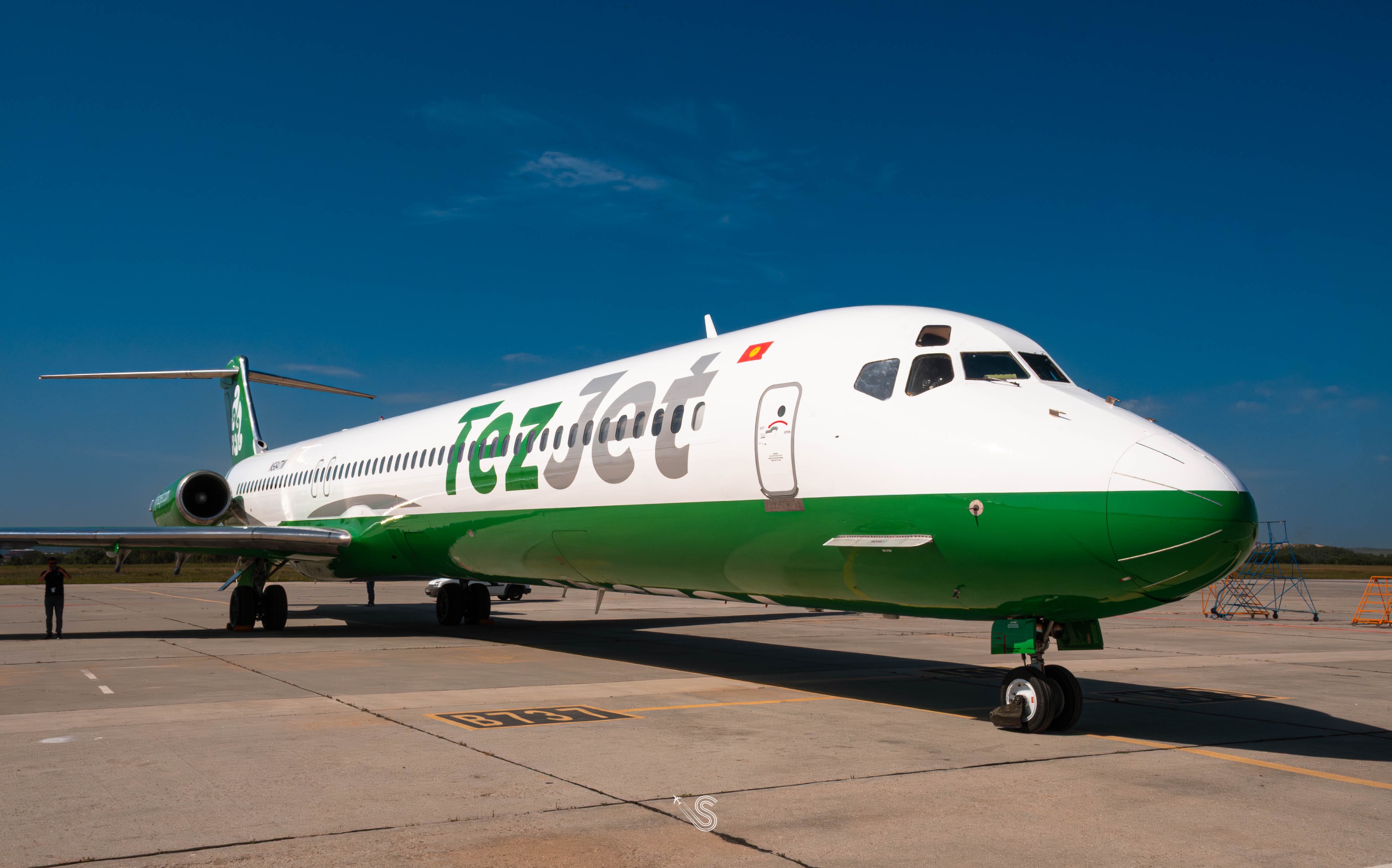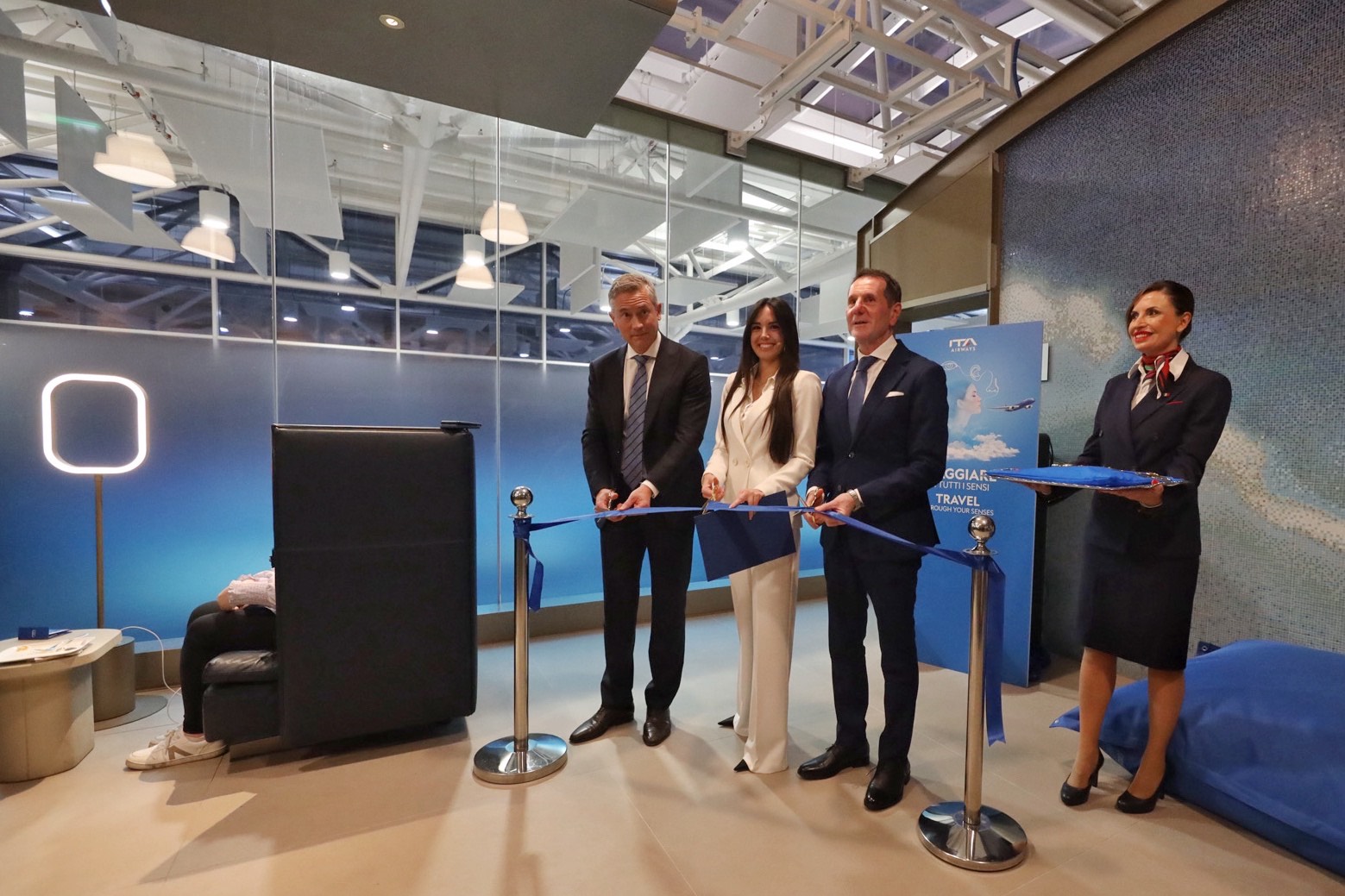Pieter Elbers, CEO, IndiGo, portrays a vision for India’s aviation sector as one poised for growth and transformation. With strategic investments, collaboration, and a supportive policy environment, India aims to soar to new heights in the global aviation arena, he says.
Janice Alyosius
Pieter Elbers, CEO, IndiGo, recently highlighted the significance of the upcoming Annual General Meeting (AGM) and World Air Transport Summit of the International Air Transport Association (IATA), which is set to be held in Delhi, India, from June 8-10, 2025 after a gap of 42 years. Describing it as the “largest gathering of aviation leadership in the world every year”, Elbers emphasised its importance in bringing stakeholders from manufacturing, aviation and policymakers on one platform.
“It has been 42 years since it was last held in India. Since 1983, it has taken place in various locations worldwide, excluding India. Therefore, we are excited to bring it back,” Elbers said. As the host airline, IndiGo sees this as an opportunity to showcase India’s evolution and the current state of its aviation industry. “We will closely collaborate with the government and policymakers to address all relevant issues. Our aim is to showcase India’s transition from a predominantly domestic market to a global aviation giant,” he added.
Wide-body order
Elbers highlighted India’s position as a long-haul destination and said, “India is already considered a long-haul destination and market. The only issue was the lack of long-haul aircraft. India didn’t have wide-body planes, so it wasn’t operating direct flights from its shores, but was routing them through different hubs outside the country to reach other destinations worldwide.”
To address this, IndiGo has placed a huge order for A350s. “If you consider the number of wide-body aircraft in India today, it’s comparable to the fleet sizes in some very small countries. This presents an opportunity for us to enter that market space. Hence, we have decided to move forward and purchase A350s, with deliveries starting in 2027. Our aim is to develop this market and ensure that Indian consumers can fly directly from India to various destinations around the world, rather than having to transfer elsewhere,” Elbers said.
Introducing business class
Moreover, IndiGo is introducing a new business product to accommodate the evolving needs of Indian travellers. “We are introducing a new business product because we see India is evolving, and we anticipate millions of first-time flyers joining IndiGo. Additionally, we are witnessing a growing number of travellers seeking a business product. As the market leader in India, IndiGo should be able to accommodate these travellers onboard our flights,” Elbers emphasised.
All about partnerships
He insisted that collaboration is key in India’s evolving landscape. “There is a lot of collaboration within the trade, and we engage in various activities. We operate through our own channels, work with the OTAs, and collaborate with different trade partners. The trade landscape is quite diverse, with larger and smaller entities. It’s a very dynamic environment. Recently, we have significantly strengthened our organisation and teams dedicated to managing these collaborations,” he said.
Shedding light on whether IndiGo is in talks with Indian manufacturers for their new premium product, Elbers said, “It’s not just about having seats for planes. Seats need to be certified, and the certification process is lengthy. Whenever we engage with Indian manufacturers or suppliers, we are delighted to collaborate with them, provided they are part of the certification process.”
India: Global aviation hub
The reopening of borders and the overall growth trajectory of Indian aviation further reinforce confidence in investing in MRO facilities and manufacturing. Elbers highlighted the collaboration among airports, airlines, regulators, and the government as crucial in realising India’s vision of becoming a global aviation hub.
“There is an overarching vision to develop India into a global aviation hub,” said Elbers, emphasising the government’s long-term commitment to the sector.
Elbers added, “This vision is expressed by the government and the minister, indicating a long-term commitment rather than a short-term endeavour. Now, this long-term vision is being implemented, and we are in discussions with airports about how it should be realised. We are considering what additional transfer facilities are needed, how to manage large transfer flows effectively, and to handle irregular operations if passengers do not have visas. We are also exploring digitisation opportunities.”
 TravTalk India Online Magazine
TravTalk India Online Magazine





